Haider Ebrahim Mulla Hasan was a 16-year-old Bahraini child and a student completing his education in school when he was arrested by Bahraini authorities in 2015. He is the youngest of three detained brothers, Mohamed and Hussain. Bahraini authorities forcibly disappeared him and tortured him to extract a forced confession. He was sentenced to 23 years imprisonment with revocation of his nationality. He is still in the New Dry Dock Detention Center, which is designated for imprisoned individuals under the age of 21. Haider currently suffers from several health problems due to medical negligence by the prison administration and his denial of treatment. Some of these problems have not yet been diagnosed due to negligence, which makes his health condition worse.
On 29 November 2015, officers in civilian clothes arrested Haider without an arrest warrant on the street in the village of Sanabis when he was only 16 years old. Then they took him to the Criminal Investigations Directorate (CID) and forcibly disappeared him for three months, during which they interrogated him without a lawyer and tortured him. They subjected him to various methods of torture to extract a confession, including physical beatings with batons, slapping in the face, beatings in sensitive areas, and exposure to electric shocks. He was also subjected to intimidation, threats, and insults. As a result, Haider suffers from several health problems, including poor vision in one of his eyes, complete hearing loss in one of his ears, and respiratory problems due to his broken nose. He was transferred to Salmaniya Hospital following torture, but these were only visits to the doctor, and he was not provided adequate treatment.
On 1 February 2018, Haider was sentenced to 23 years imprisonment with revocation of his nationality, fined 2,784 Bahraini Dinars, and had his belongings confiscated on charges of 1) illegal assembly, 2) assaulting an intelligence officer, and 3) participating in the Karranah bombing. He was unable to reach his lawyer during interrogation, was not brought before a judge within 48 hours of his arrest, and was not provided with adequate time to prepare for trial. Although he and his family desired to appeal the ruling, they were unable to do so because they couldn’t afford the expensive costs of a lawyer. His citizenship was later reinstated through a royal decree issued in April 2019.
Authorities intermittently held Haider in solitary confinement throughout his detention and incarceration. In March 2018, he was held in solitary confinement for more than two months as punishment for refusing to sign a document without knowing its contents. When he asked when his solitary confinement would end, the guards refused to answer. Haider believes that the extended solitary confinement caused him psychological harm. He then went on a hunger strike to protest the punitive use of extended solitary confinement and other abuses in the prison system. At that time, the prison administration deducted more than 25 minutes from the one-hour visit period allocated to his family members. They were permitted to see Haider 10 minutes after the visit began, but they were arbitrarily kicked out 15 minutes before its scheduled end as an additional form of retaliation against him.
While serving his sentence, Haider went on several hunger strikes to protest the periodic retaliation against him by placing him in solitary confinement. During one of these strikes, in August 2019, his family noticed while visiting him in the Dry Dock Detention Center that he was suffering from swelling in one of his eyes as a result of beatings and torture. He told them about being beaten, punched, kicked, and pepper-sprayed by officers in the prison to force him to end the strike.
On 9 January 2022, after not hearing from Haider for more than ten days, his family received a phone call from him, in which he reported that he had been detained in solitary confinement for a week without knowing the reasons. The family expressed their deep concern for his safety and asked the prison administration to allow him the right to call to check on him.
Haider suffers from several other health problems that are getting worse due to medical negligence against him and his deprivation of medical care by the prison administration, as the last time he saw a specialist doctor was in July 2022 at Salmaniya Hospital. On 2 November 2022, after suffering for a long time from stomach pain and the deterioration of his health condition, He was supposed to undergo an endoscopy and colonoscopy, but the prison administration did not transfer him to the hospital to undergo the operation.
On 25 December 2022, Haider indicated in a call with his parents that he continues to suffer from an internal medical problem, which he does not know whether it is in the stomach or colon due to the ongoing medical neglect of his health, as when he is transferred to the prison clinic, he is only given painkillers without diagnosing the problem or dispensing a treatment. In detail, He indicated that he vomits and defecates blood at least 3-4 times a month. He also confirmed that he is unable to eat and suffers from severe pain in his head and difficulty breathing. In addition, Haider suffers from a problem with his teeth, as eight of them were removed without installing the replacements they promised him, which hindered his ability to chew his food.
Haider’s arbitrary detention when he was a minor, torture, unfair trial, exposure to solitary confinement and enforced disappearance as retaliatory measures, as well as medical neglect, constitute a violation of the Convention against Torture and Other Cruel, Inhuman or Degrading Treatment or Punishment (CAT), the International Covenant on Civil and Political Rights (ICCPR), the International Covenant on Economic, Social, and Cultural Rights (ICESCR), and the Convention on the Rights of the Child (CRC), to which Bahrain is a party.
Therefore, Americans for Democracy & Human Rights in Bahrain (ADHRB) calls on Bahrain to fulfill its human rights obligations by ensuring a fair retrial for Haider and by investigating all allegations of his arbitrary arrest when he was a child, torture, ill-treatment, and his exposure to an unfair trial, solitary confinement, and enforced disappearance with the aim of reprisal. It also calls on Bahrain to investigate the allegations of medical negligence while holding the perpetrators accountable. ADHRB also sounds the alarm about the deterioration of Haider’s health due to the continued medical negligence against him, which has reached the point of refraining from diagnosing one of the health problems he suffers from, calling on Bahrain to diagnose his health problems as soon as possible and to urgently provide him with appropriate treatment, holding the Government of Bahrain responsible for any further deterioration in his health condition.
The post Profile in Persecution: Haider Ebrahim Mulla Hasan appeared first on Americans for Democracy & Human Rights in Bahrain.
This post was originally published on Americans for Democracy & Human Rights in Bahrain.

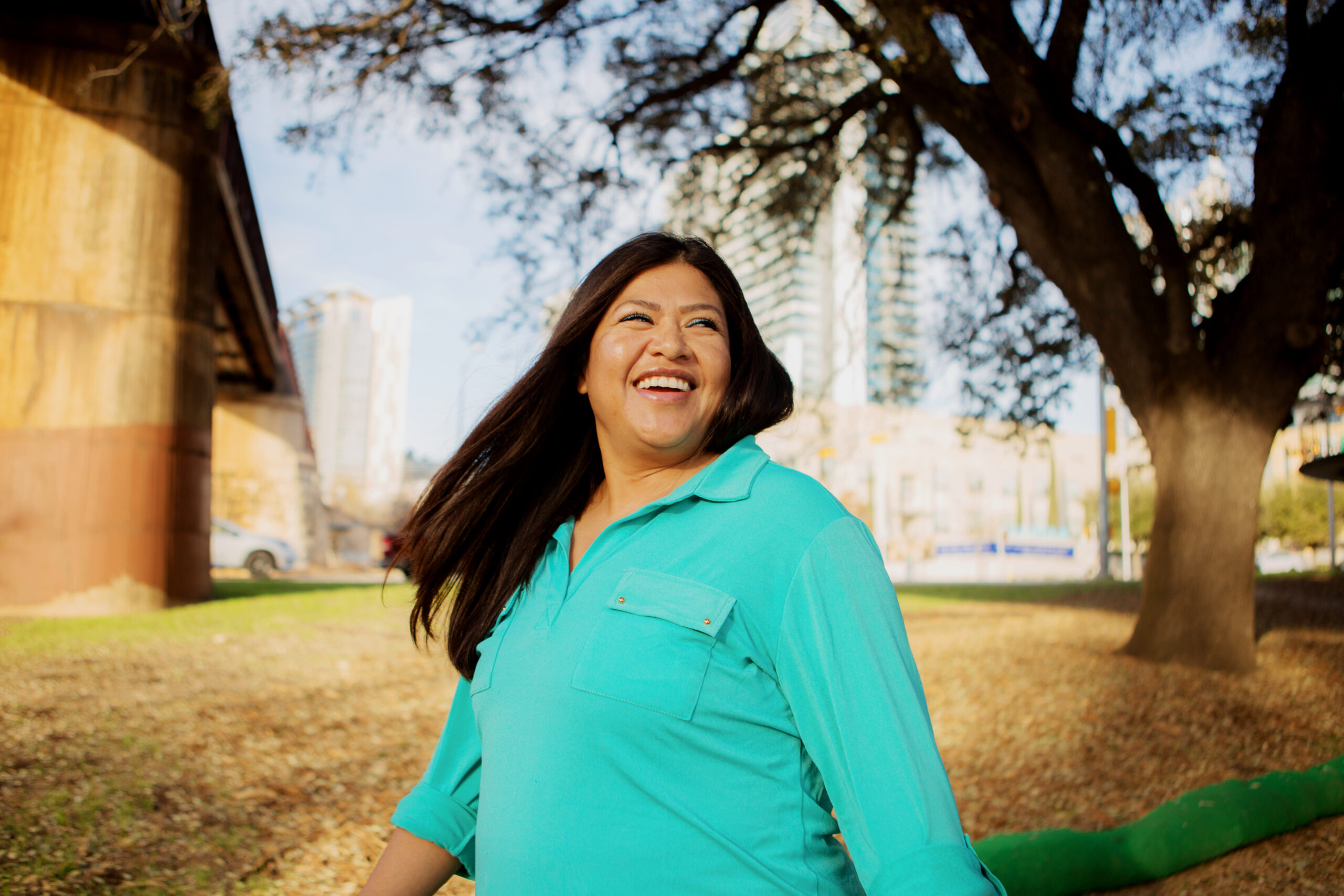
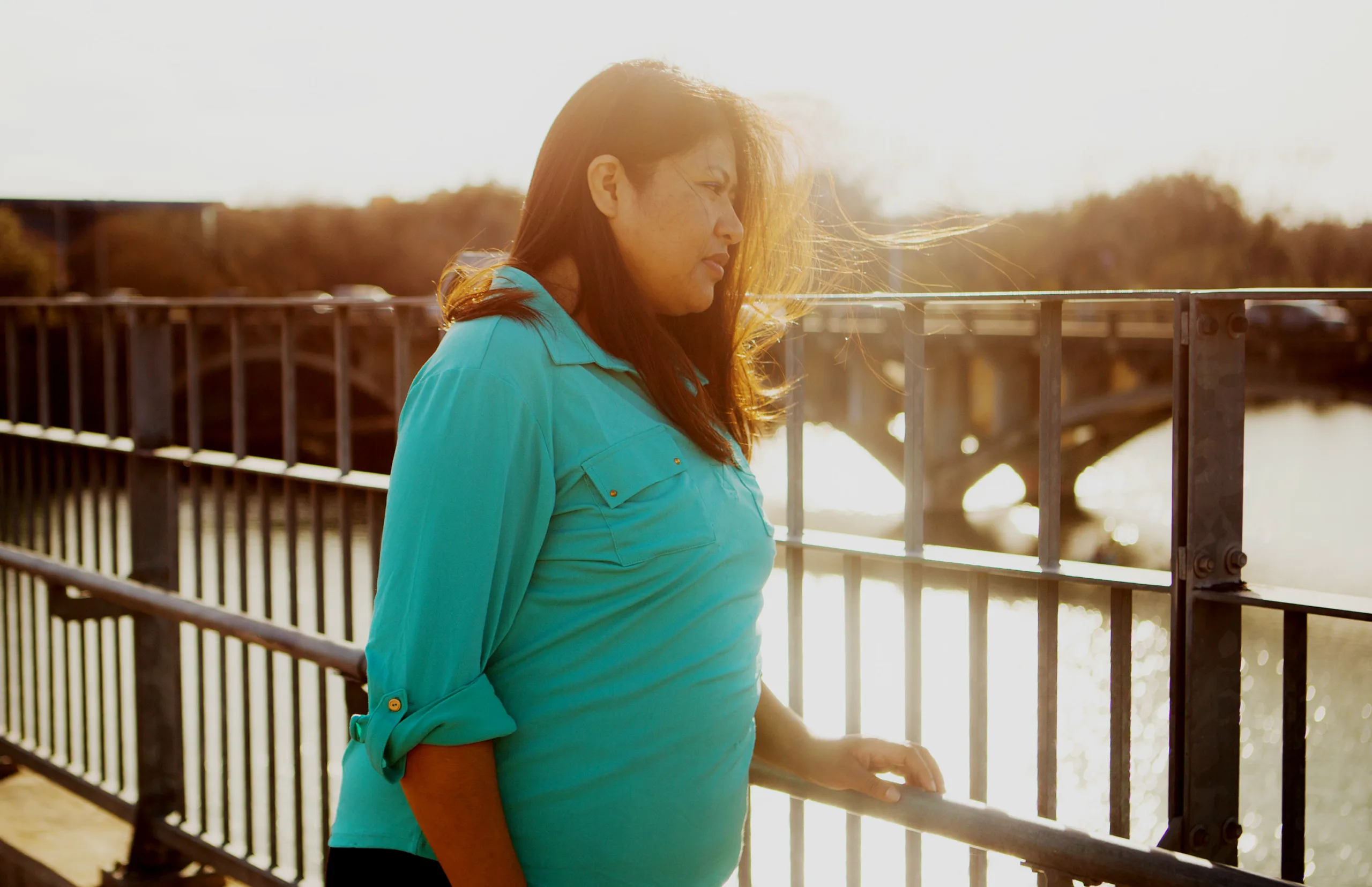
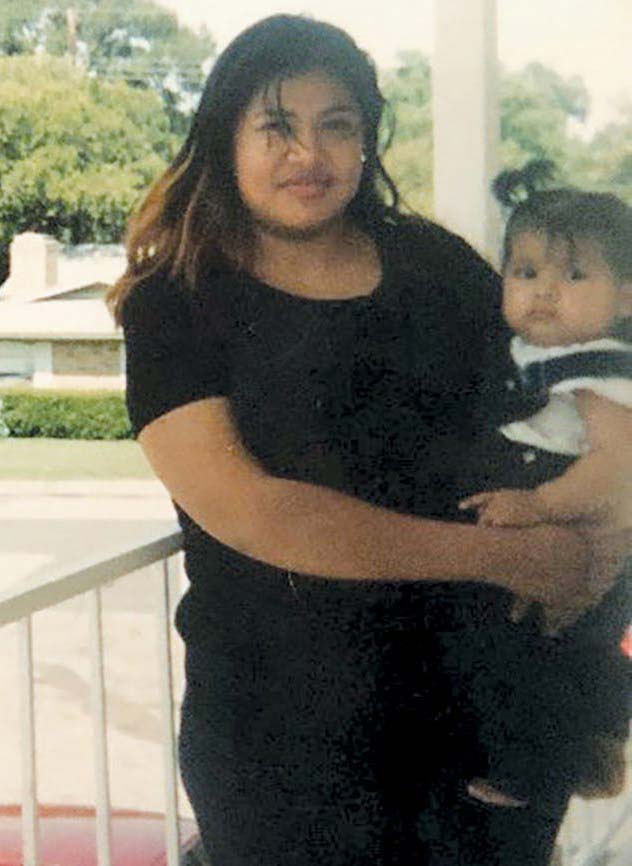
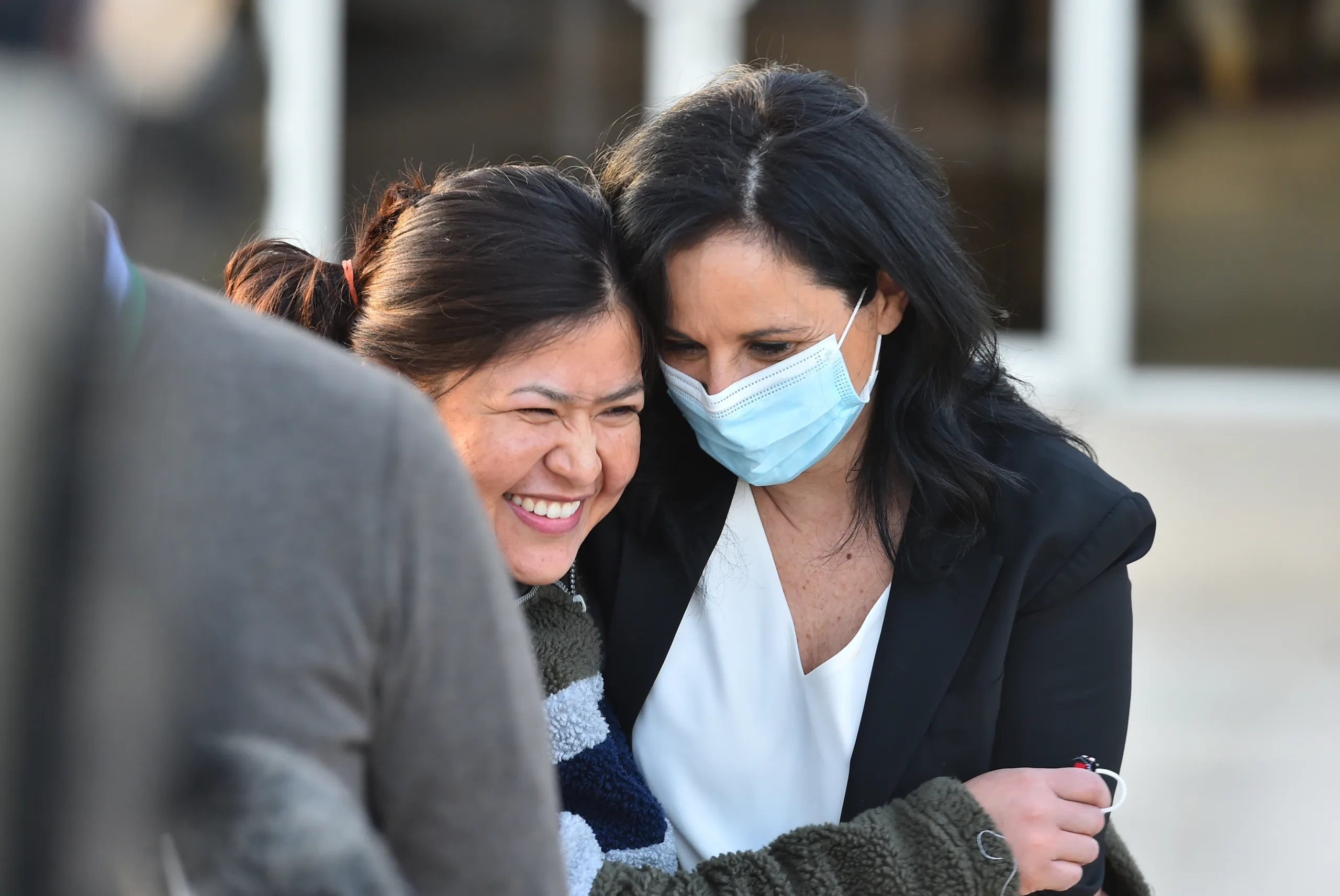
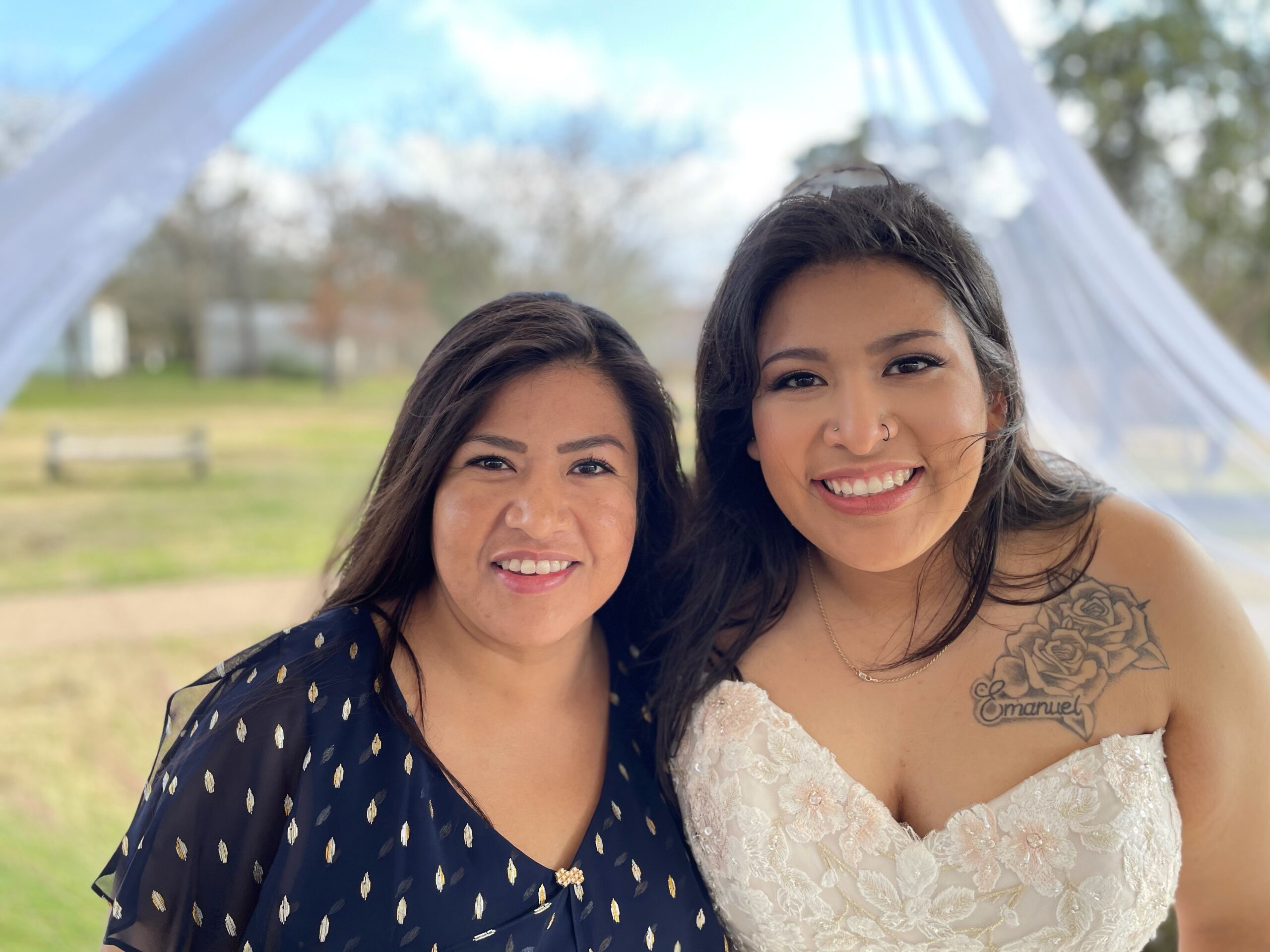
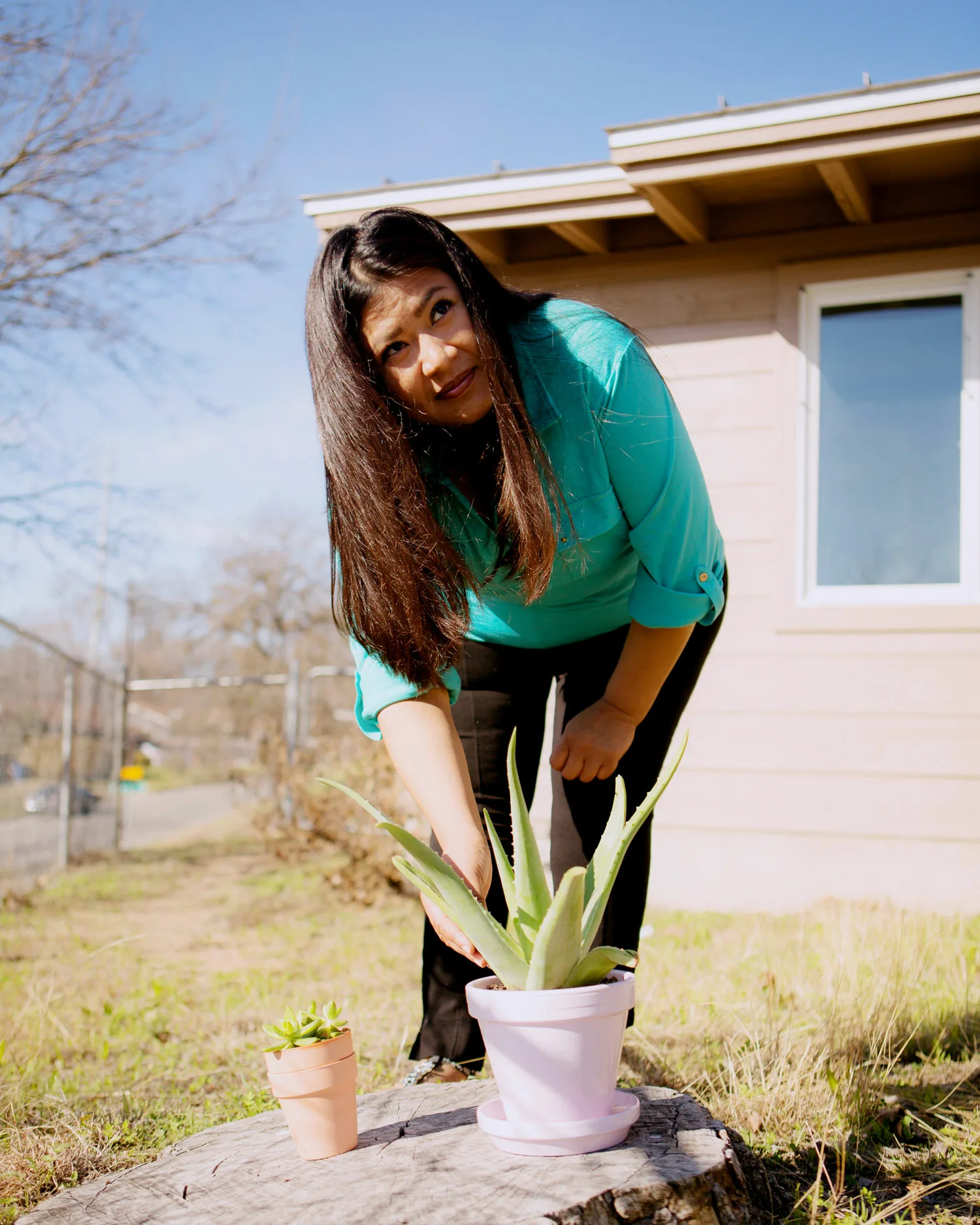
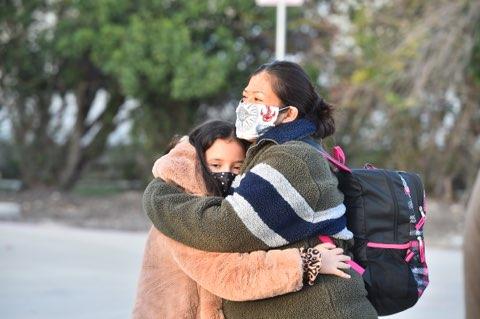
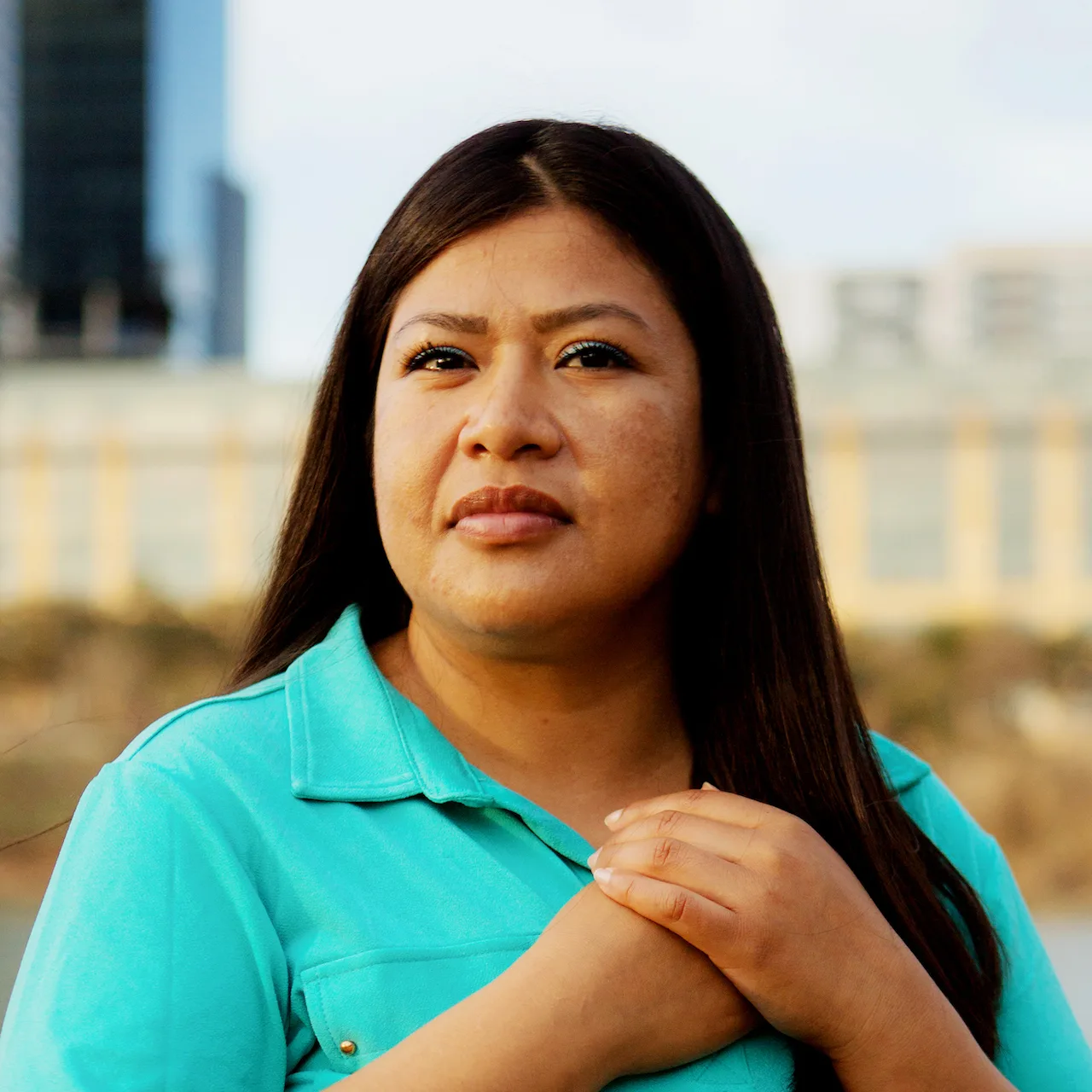
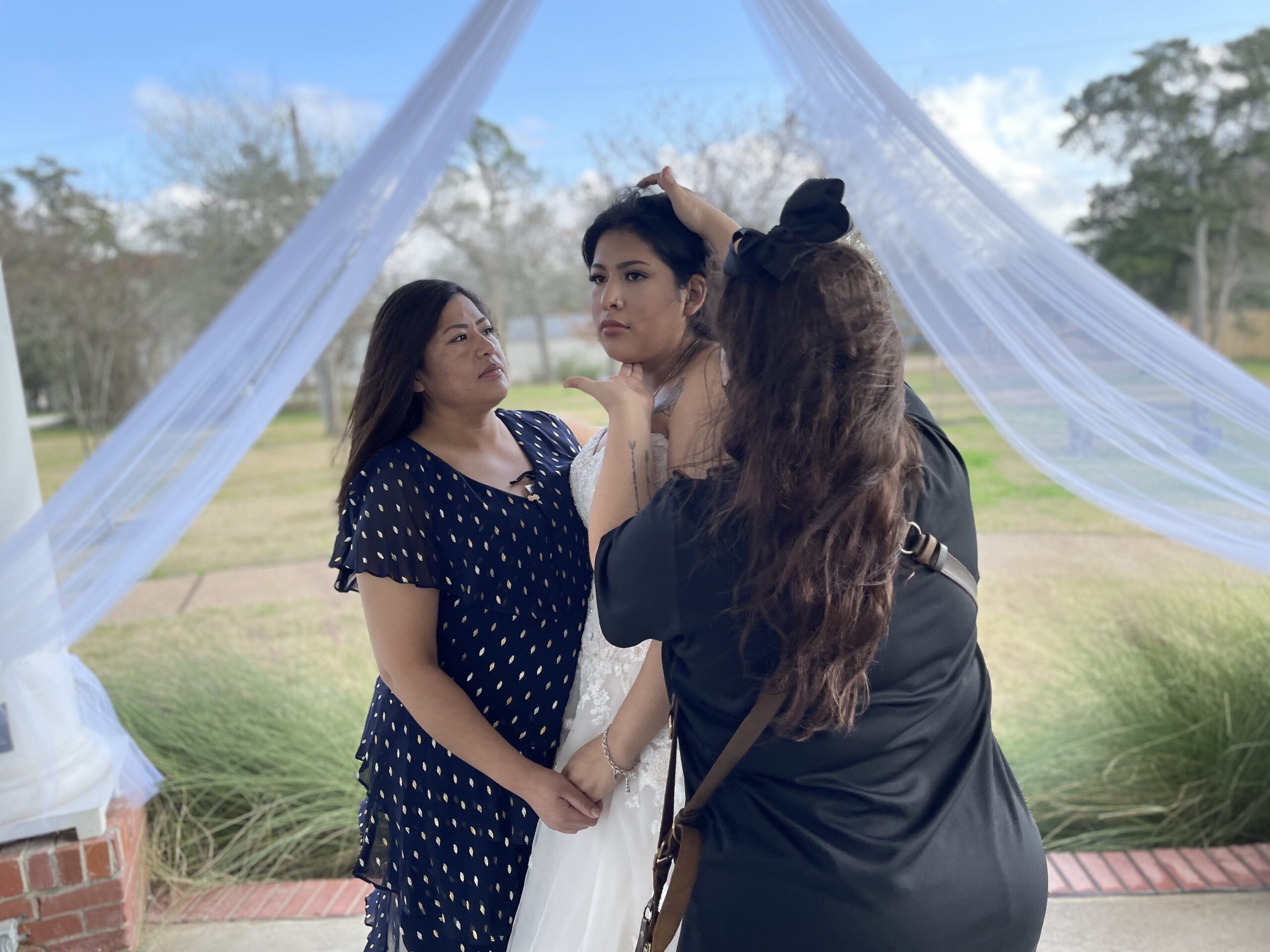
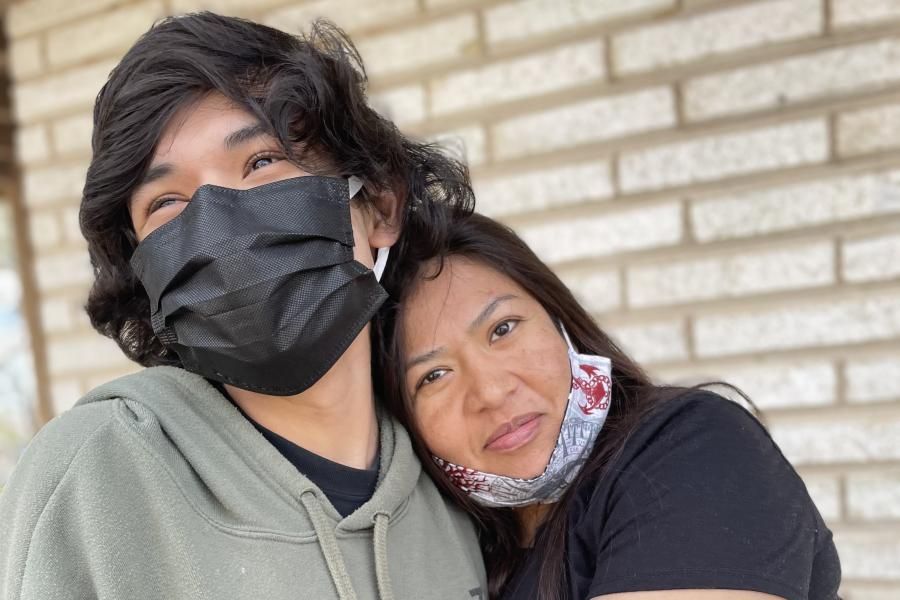
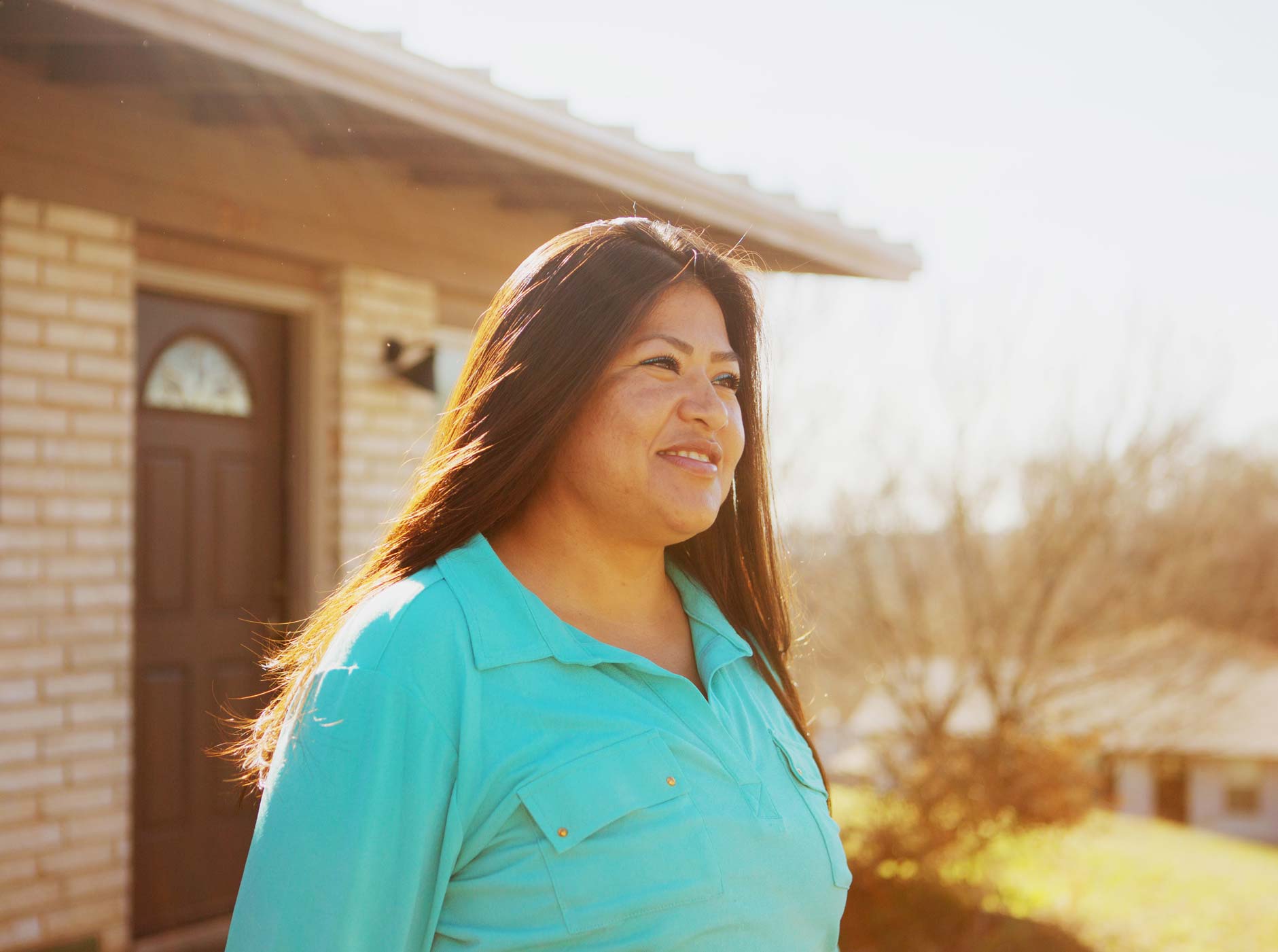
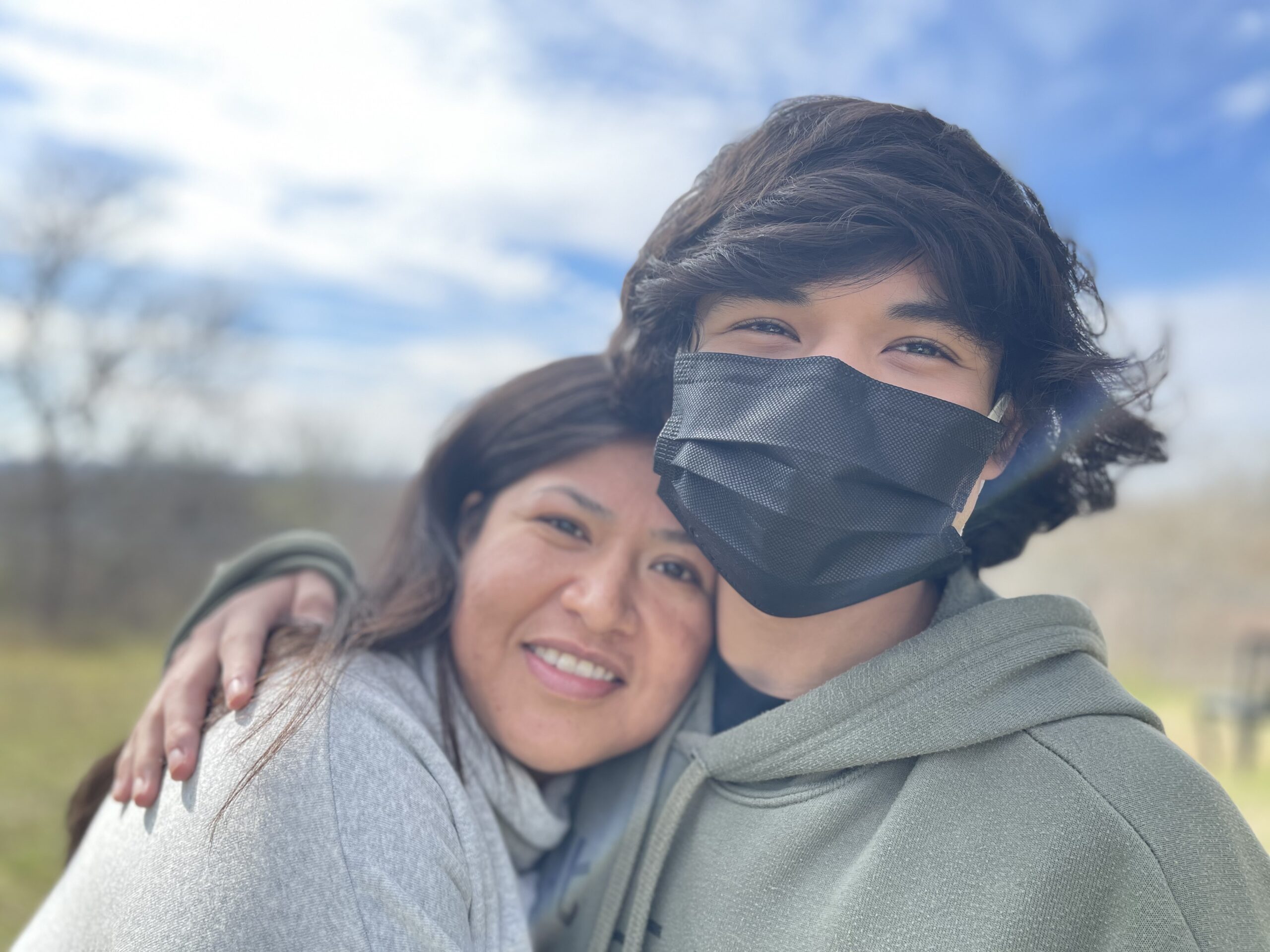

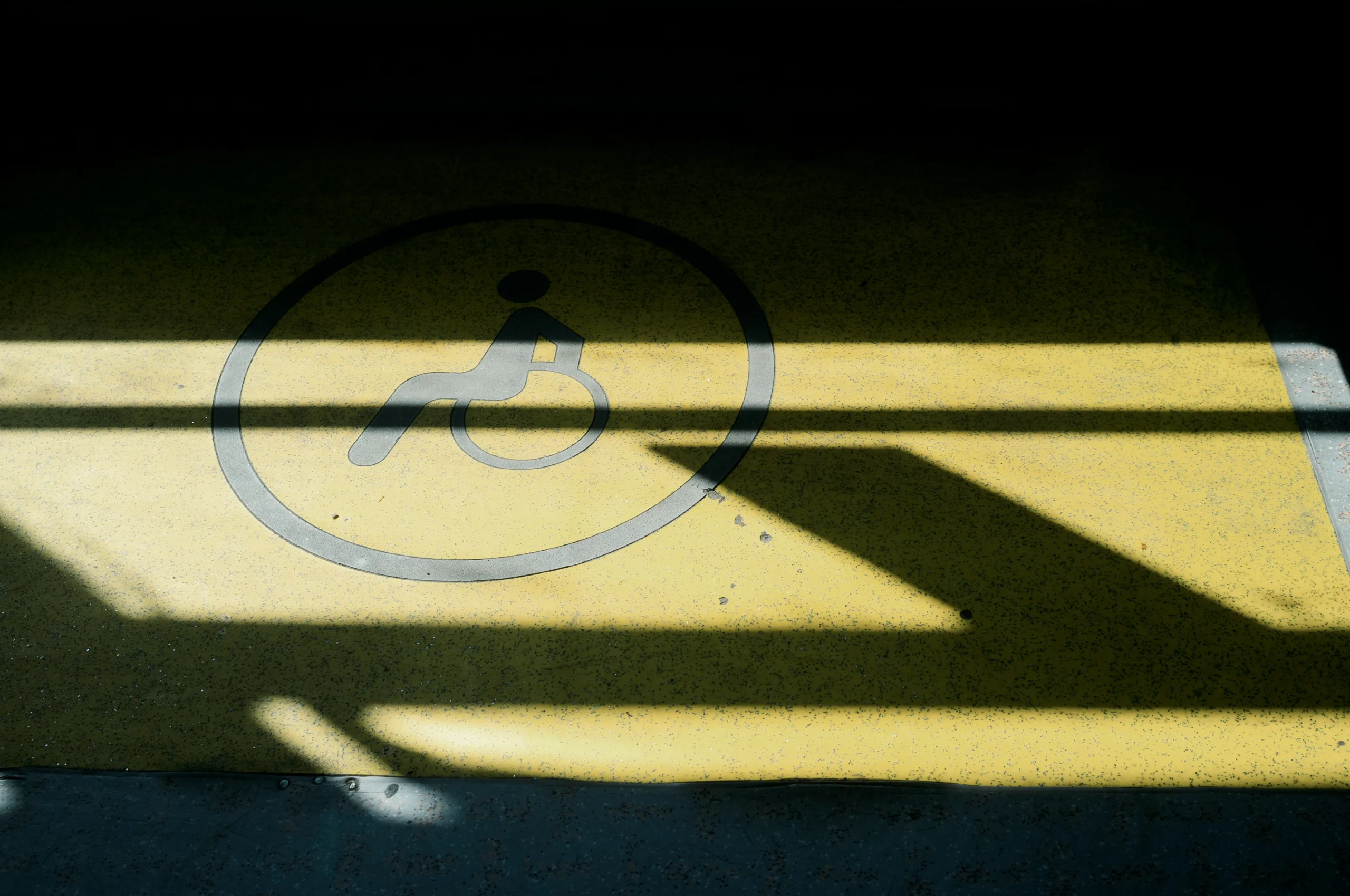
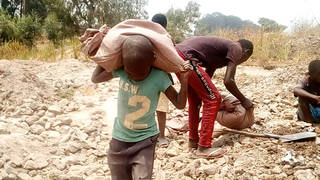






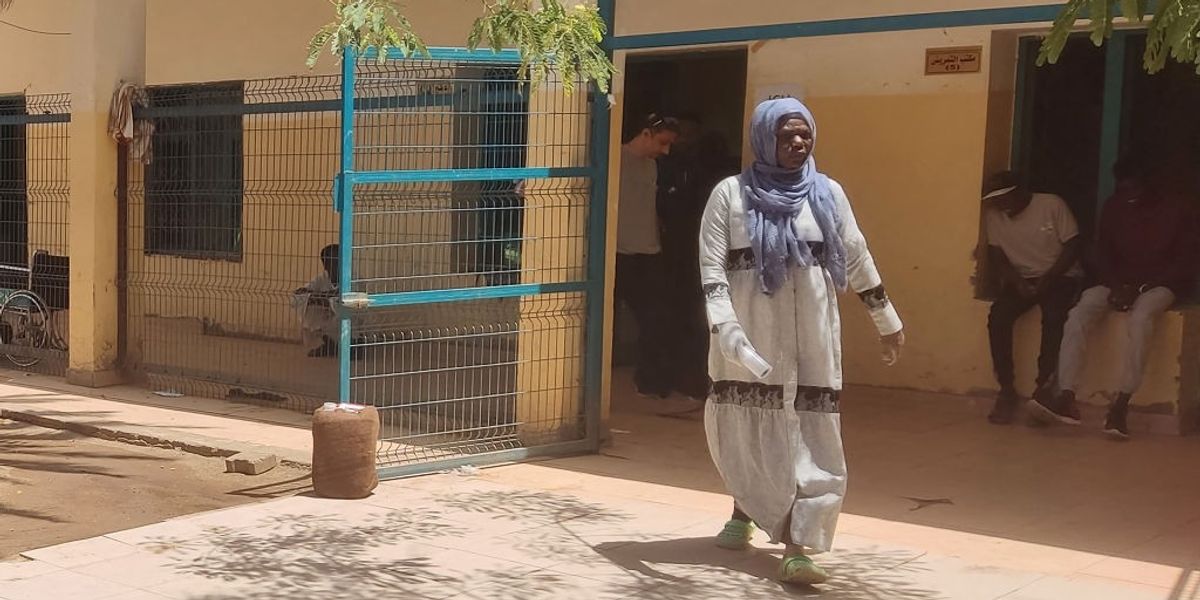
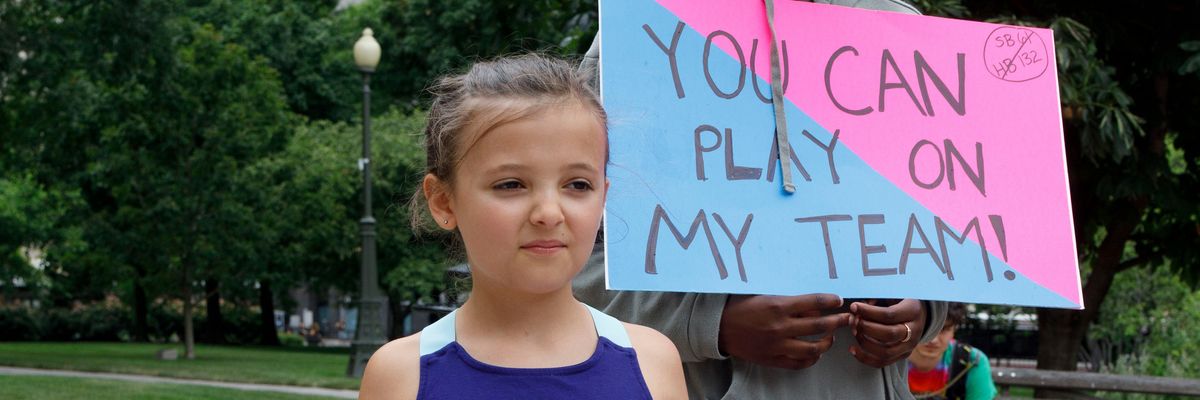

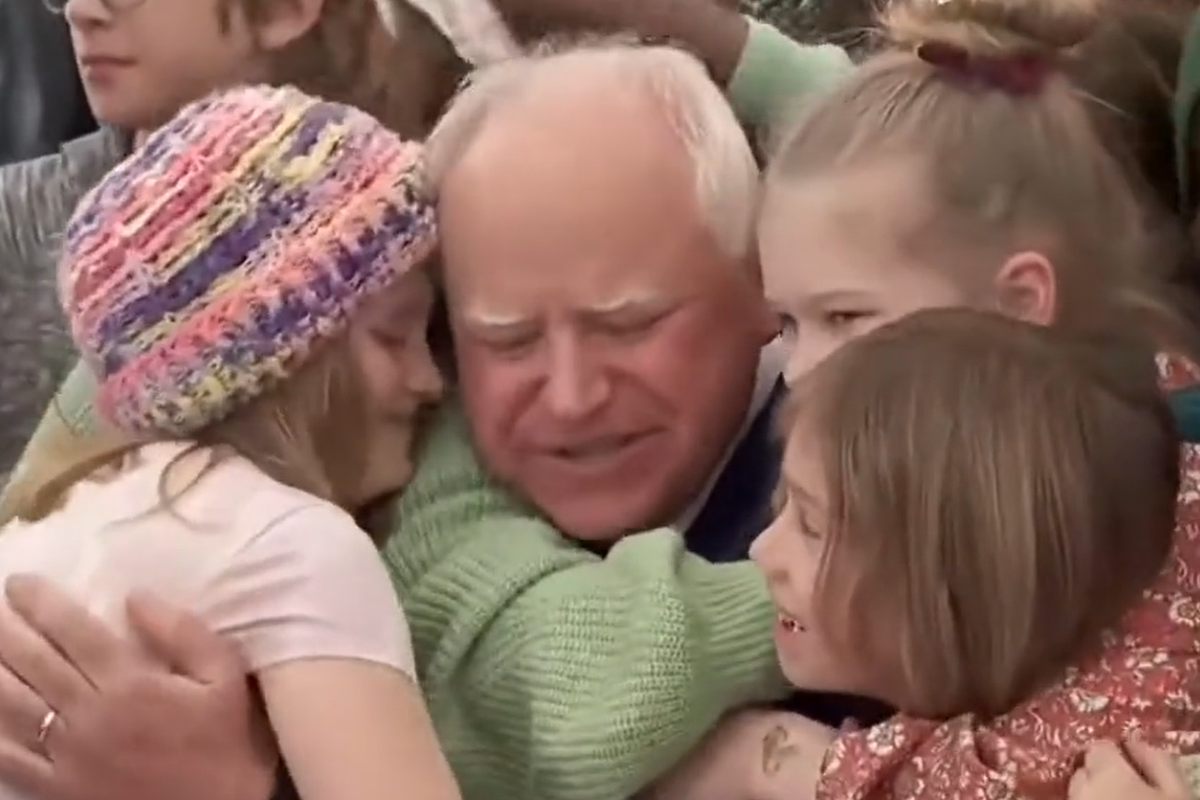
Leave a Reply
Thank you for visiting us. You can learn more about how we consider cases here. Please avoid sharing any personal information in the comments below and join us in making this a hate-speech free and safe space for everyone.